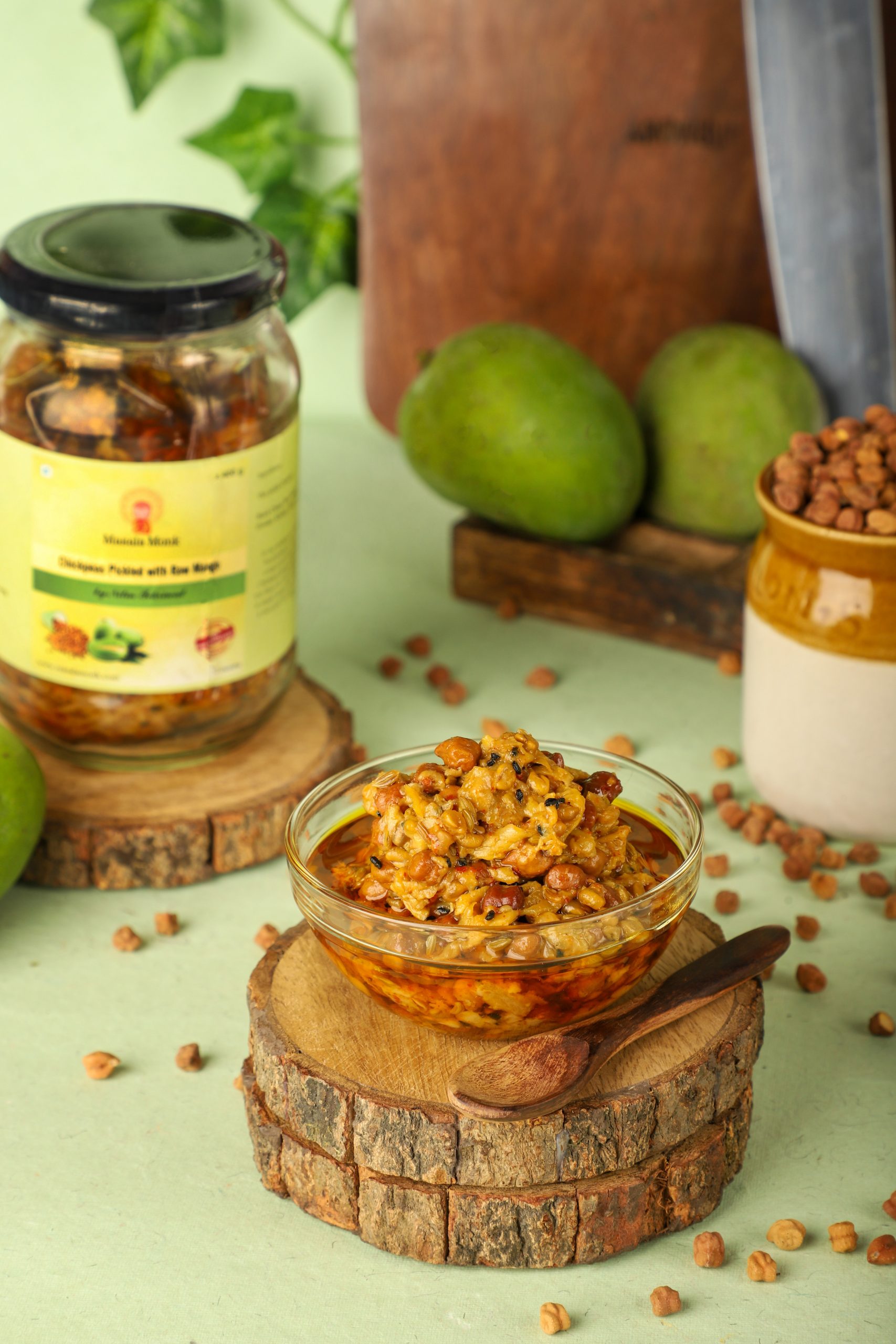
Ghee and Its Impact on Cardiovascular Health: An In-depth Look
Ghee, often referred to as “liquid gold” in culinary circles, is a type of clarified butter that has been used in Indian cooking and traditional medicine for thousands of years. Its unique preparation process and resulting nutritional profile have made it a subject of interest, especially concerning heart health. Here, we’ll explore the multifaceted relationship between ghee and cardiovascular wellness.
1. Understanding Ghee:
Ghee is derived from butter but undergoes a clarification process where milk solids and water are removed, leaving behind a clear, golden liquid rich in fats.
2. Nutritional Breakdown:
- Saturated Fats: Ghee is predominantly made up of saturated fats. While these fats were once vilified for potentially raising cholesterol, recent research suggests that they might not be as harmful as once thought.
- Vitamins and Minerals: Ghee is rich in vitamins A, E, and K, all of which are fat-soluble and essential for various bodily functions.
- Fatty Acids: One of the key components of ghee is butyric acid, a short-chain fatty acid that can promote gut health and has anti-inflammatory properties.
3. The Cholesterol Controversy:
- Traditional Views: Earlier dietary guidelines cautioned against foods high in saturated fats, like ghee, due to concerns about raising LDL (bad) cholesterol levels.
- Contemporary Research: Newer studies indicate that while ghee might raise LDL cholesterol, it also raises HDL (good) cholesterol, potentially offsetting the risks.
4. Ghee’s Role in Heart Health:
- Desi Ghee: This traditional form of ghee, made from the milk of grass-fed cows, is believed to have therapeutic properties. Some proponents argue that it can be beneficial for heart patients, but concrete scientific evidence is still emerging.
- Moderation is Crucial: Like any fat, ghee is calorie-dense. Overconsumption can lead to weight gain, a risk factor for heart disease.
5. Ghee in Comparison:
- Butter: While both come from the same source, ghee’s clarification process gives it a higher smoke point, making it more suitable for frying and sautéing.
- Plant-based Oils: Oils such as olive or avocado oil have a different fatty acid composition and are often recommended for heart health due to their higher unsaturated fat content.
6. Cultural Significance:
- Ayurvedic Medicine: Ghee holds a special place in Ayurveda, where it’s believed to nourish the body, aid digestion, and promote longevity.
- Global Popularity: With the rise of diets like Paleo and Keto, ghee has found a place in kitchens worldwide.
7. Potential Side Effects and Considerations:
While many enjoy the benefits of ghee, it’s essential to be aware of potential drawbacks:
- Caloric Intake: Ghee is calorie-dense, and excessive consumption can lead to weight-related issues.
- Individual Variability: People metabolize fats differently. For some, ghee might elevate cholesterol levels, while others might not see any adverse effects.
8. The Bottom Line:
Ghee can be a nutritious addition to a balanced diet when consumed mindfully. Its potential benefits and risks largely depend on individual health profiles and overall dietary patterns. As always, it’s best to consult with a healthcare professional when making significant dietary changes.
Tags:
Ghee, Cardiovascular Health, Nutrition, Ayurveda, Saturated Fats, Cholesterol, Dietary Fats.













